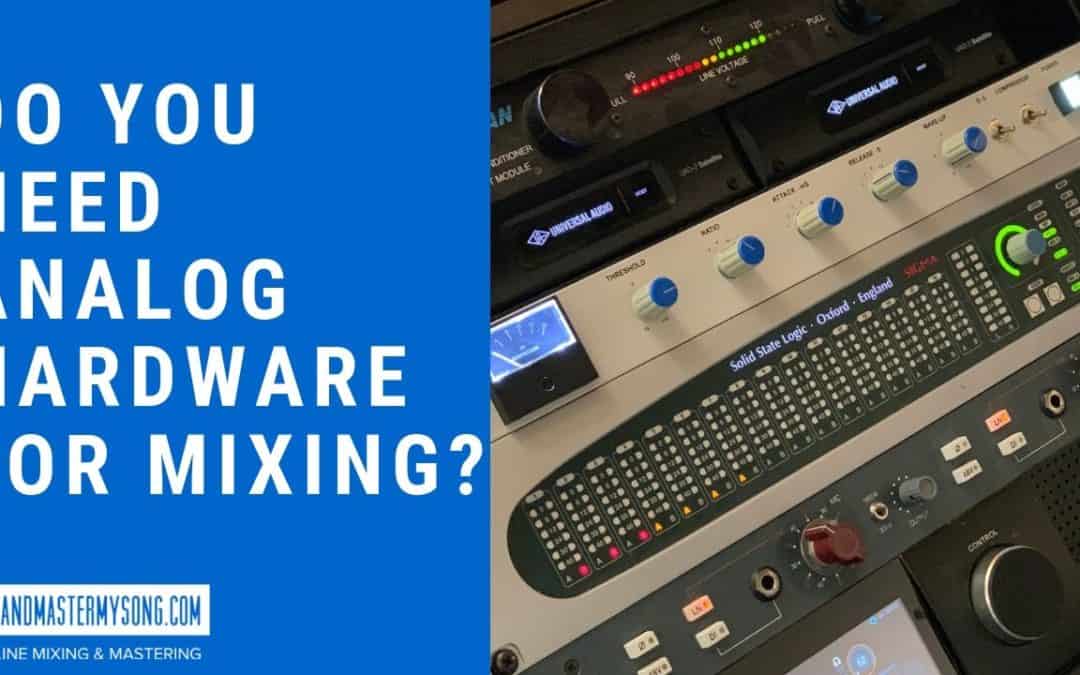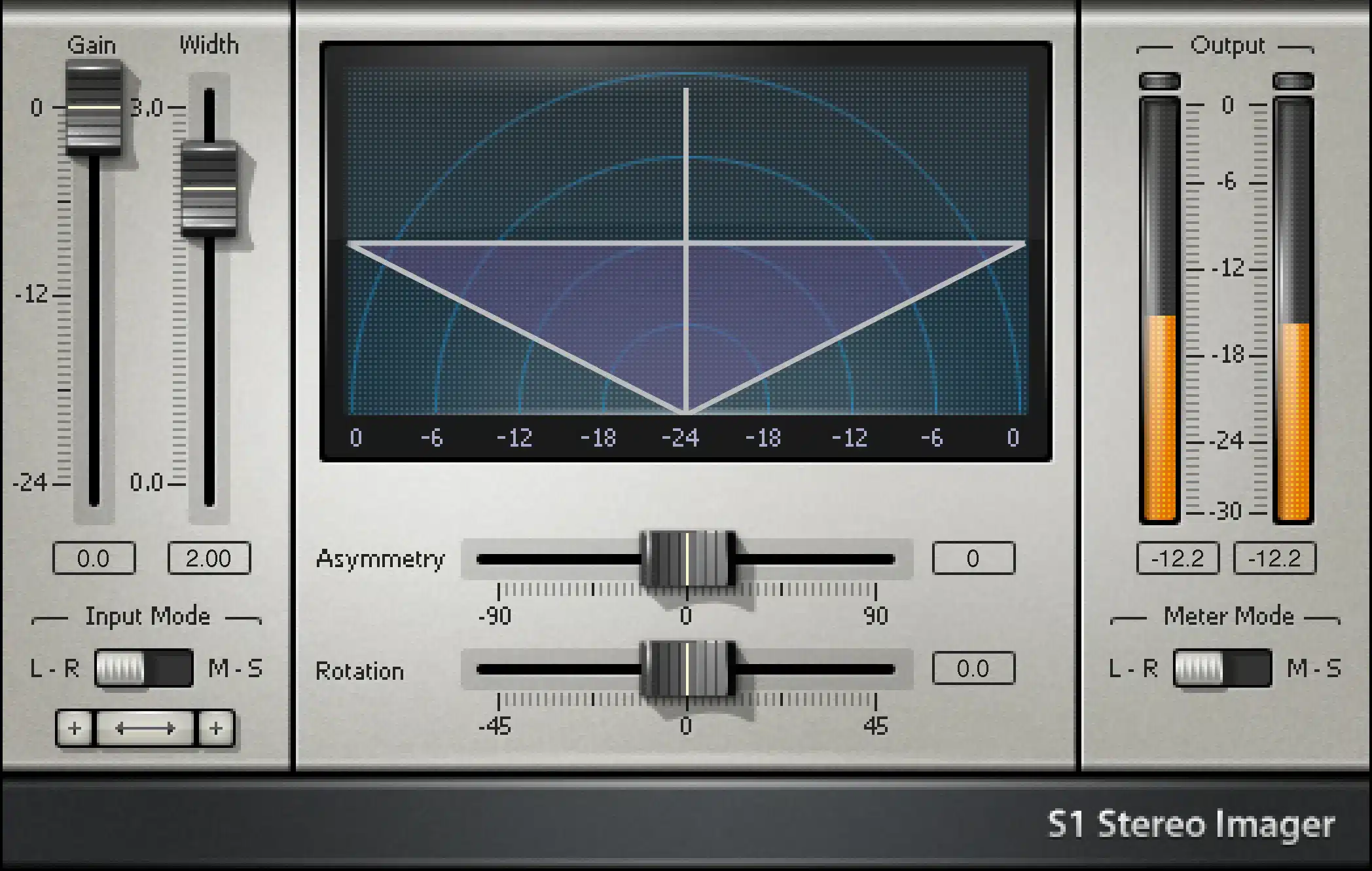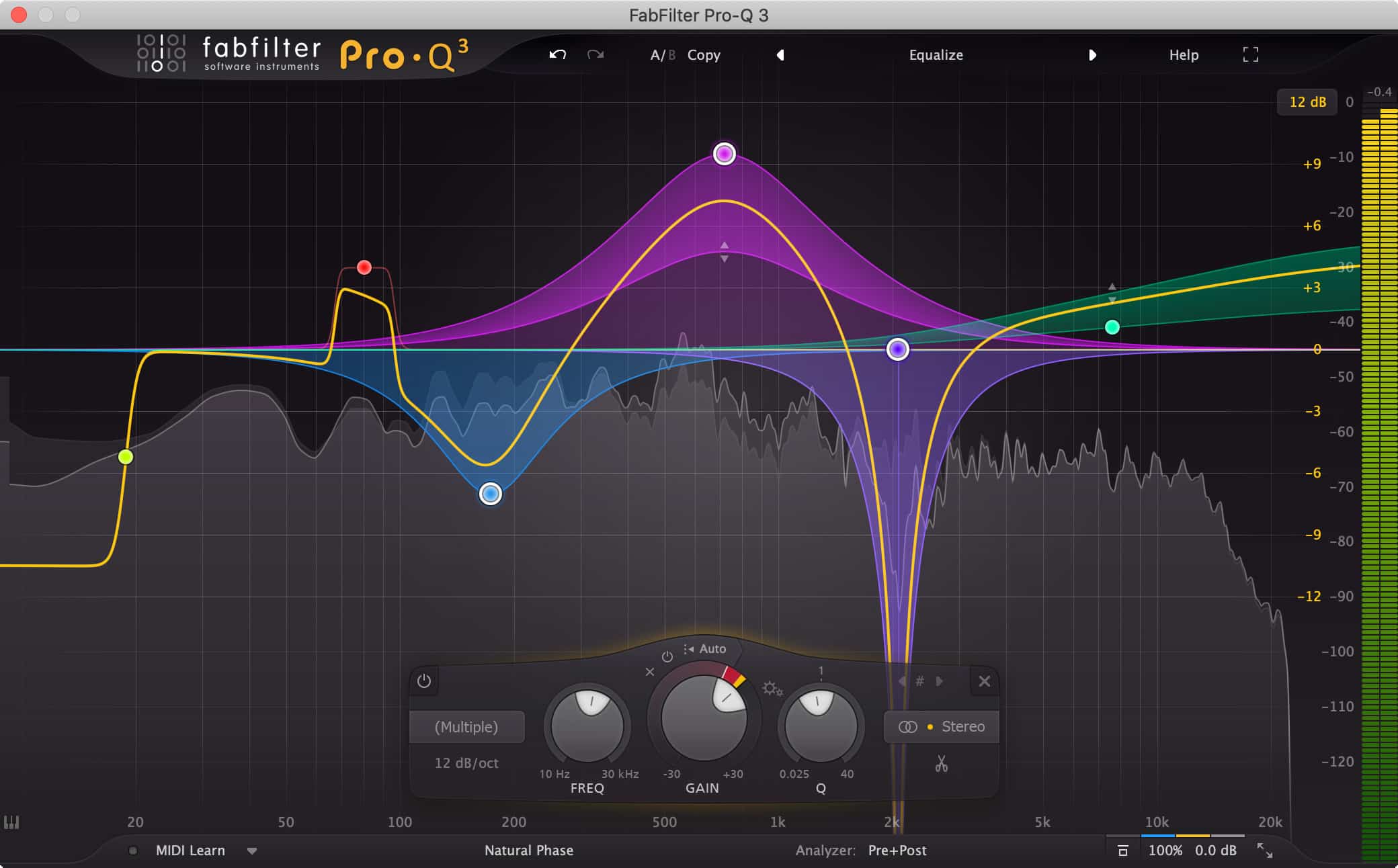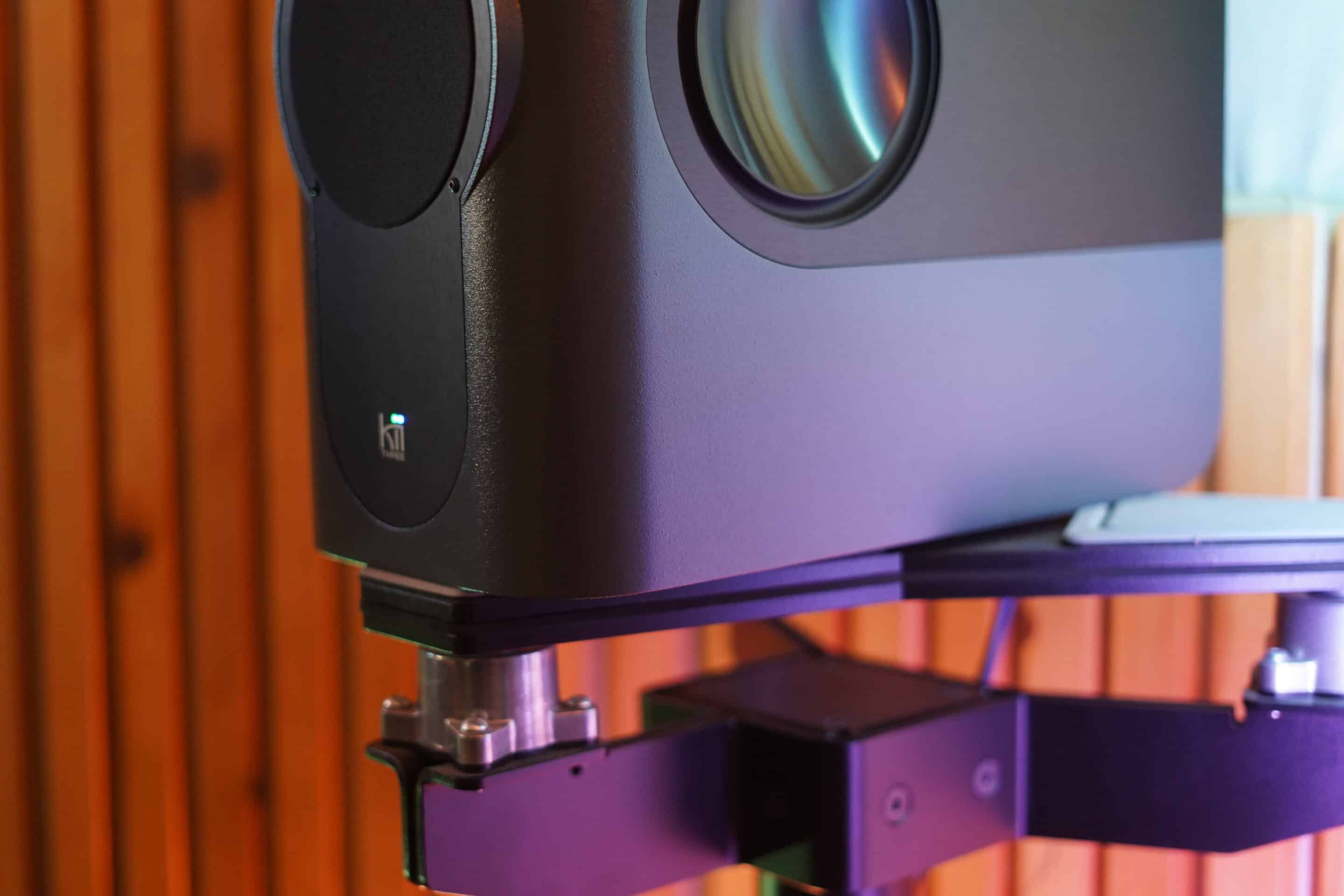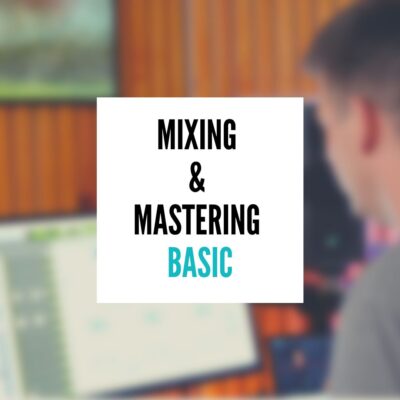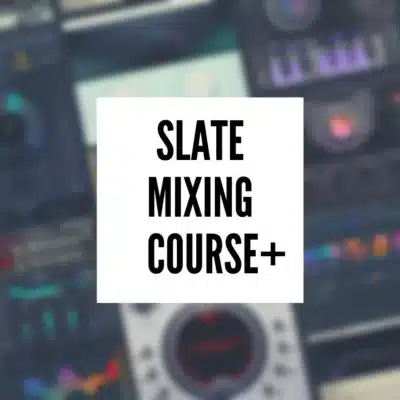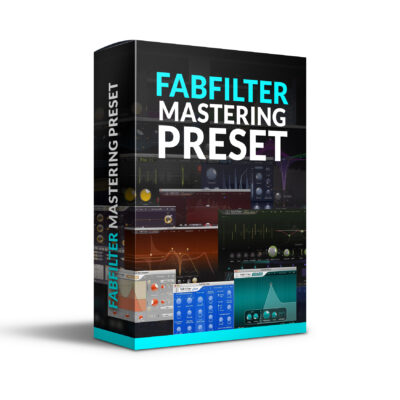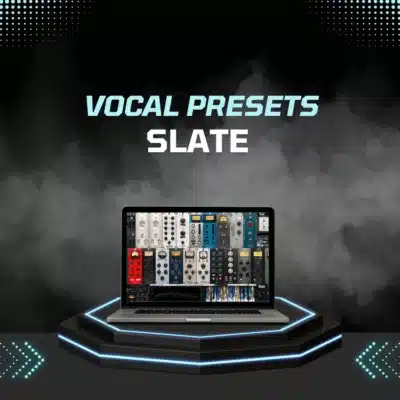Do You Need Analog Hardware For Mixing?
As an mixing and mastering engineer, I’ve had my fair share of experiences with both analog and digital gear. The ongoing debate about whether analog hardware is a necessity for mixing has been a topic of discussion in the audio production world for years. And from my perspective, the answer may not be as black and white as some may think.
Let’s address the elephant in the room: advancements in digital technology have made remarkable strides in emulating the warmth and depth that analog gear was once solely known for. Digital now offers high-quality plugins and software that can mimic the characteristics of analog hardware with impressive accuracy. This means that achieving a professional mix is no longer reliant on analog gear alone.
The choice between analog and digital largely depends on personal preference, project requirements, and budget. While analog gear can undoubtedly provide a certain ‘magic’ to a mix, it’s important to recognize that digital tools bring their own set of advantages to the table. Flexibility, recall ability, and affordability are just a few of the benefits that come with working in the digital realm.
In fact, many renowned mixing engineers have embraced the digital era wholeheartedly. Mixing legends like Serban Ghenea, Chad Blake, and even Andrew Scheps are known for producing incredible mixes completely “in the box” – meaning they rely solely on digital tools. Similarly, I’ve come across numerous mastering engineers who have transitioned to mastering entirely within their computers. This shift highlights the fact that you don’t need a room full of analog hardware to create a professional-sounding record anymore.
The Magic of Analog Hardware
Now, don’t get me wrong. I still appreciate the impact that analog gear can have on a mix. I have my SSL console and a few other analog pieces that I find myself using from time to time. They add a touch of width and depth that I sometimes crave, and they can speed up my mixing process. However, I’ve noticed that as time goes on, I’m leaning more towards plugins and digital tools for my everyday mixing tasks.
There seems to be a misconception that you must have analog hardware in order to make a professional mix, but that’s simply not true in today’s digital age. The accessibility and affordability of high-quality plugins have leveled the playing field, allowing anyone with a computer and some creativity to make music in the comfort of their own home.
Conclusion: The Choice Between Analog and Digital
So, to answer the question, do you need analog hardware for mixing? Not necessarily. While analog gear can offer unique characteristics and a certain sonic charm, the heart of a great mix lies in the ears and skills of the engineer, not the gear they use. The beauty of modern technology is that it has democratized the music production process, making it accessible to more people than ever before.
Embrace the tools that inspire you, be they analog or digital. Experiment, explore, and create. After all, it’s the music that matters most, not the equipment used to create it. If you need help with your mixing and mastering project freel free to reach out so we can discuss.

